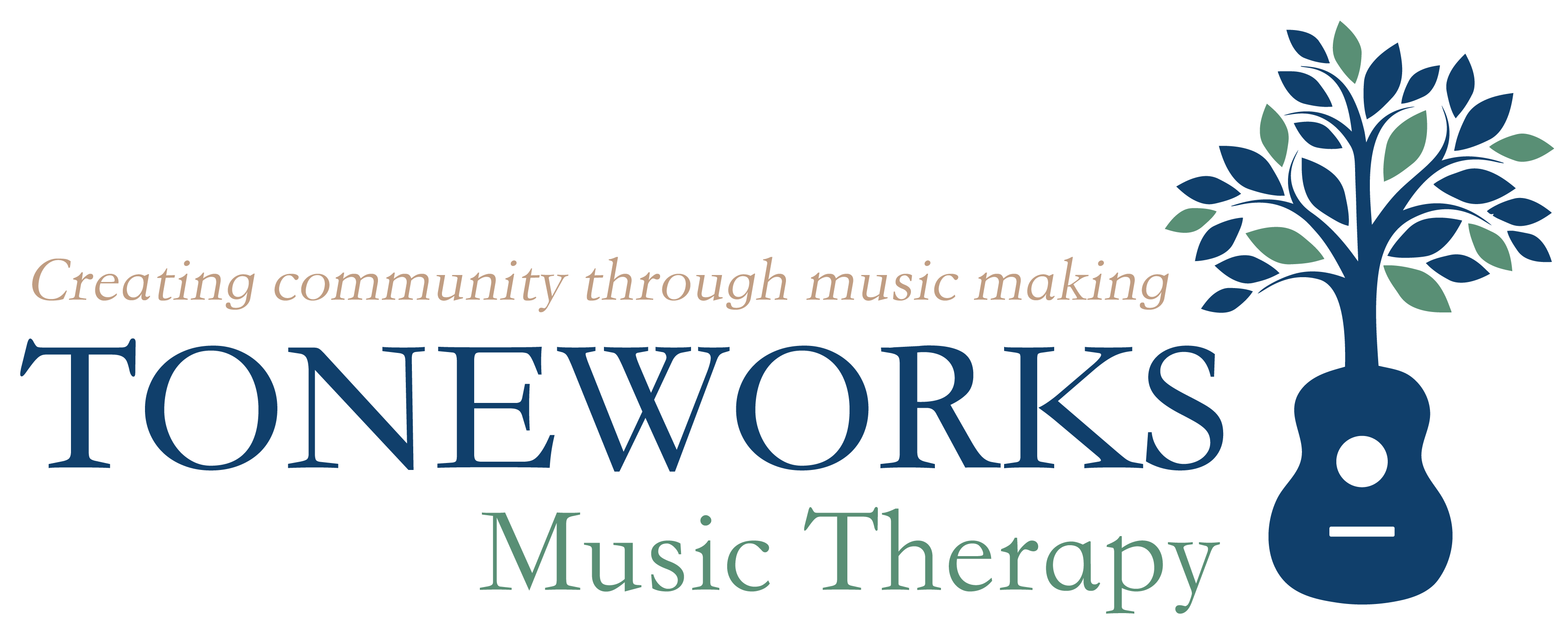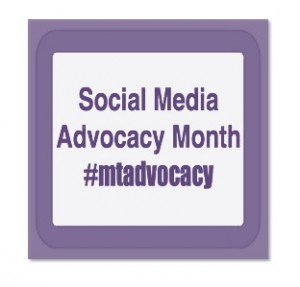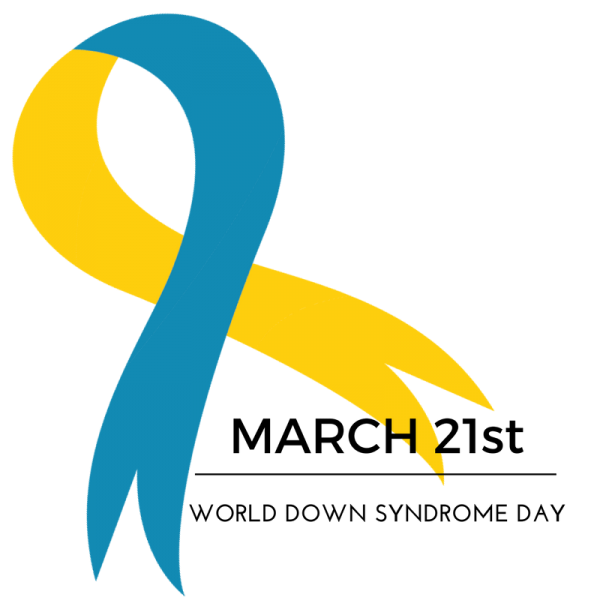Guest Post by Dena Register: {Declaring Our Independence}
Wordless Wednesday: {1.8.14}
Wordless Wednesday: {1.22.14}
Below is a guest post written by Dena Register of the Regulatory Affairs Advisor, Certification Board for Music Therapists on finding our voice as music therapists during #mtadvocacy month. Enjoy!
The end of the year always brings with it a great deal of reflection. It feels good to look at the accomplishments of the year at its close, set new intentions and imagine new heights for the year ahead. My own professional reflections for this year brought the realization that over the last eighteen years I have enjoyed a rather diverse career in music therapy with roles as a clinician, educator, consultant and professional advocate. One of the most interesting components of wearing so many different “hats” is trying to imagine how those you are working with perceive music therapy.
There is a constant effort to try and imagine how I can best help others understand what music therapy is and the many benefits for our clients. I feel the need to have an analogy for every situation, description, and population. I can’t imagine that I’m alone in this challenge. I know many music therapists that adapt in this chameleon-like fashion when it comes to how we describe our life’s work. We build rapport with our various audiences by searching for some common ground or understanding to use as a point of departure in hopes that they will have that magical “A-ha!” about the many benefits of music therapy. While these experiences help us develop remarkable skills in story sharing and empathy, we are constantly altering the description of our professional identity in order to help others understand us. This task is a complex one for professionals and is one of the challenges that both students and new professionals find difficult to navigate early on in their careers.
I get to teach a class in philosophy and theory of music therapy. Over the last several offerings of this course the students and I have spent hours exploring what music therapy has in common with other therapeutic and creative arts professions. Each semester produces fascinating discussions, diagrams and reflections on the shared aspects of our professions and, more importantly, how music therapy is notably distinct from any other profession or practice. Successful participation in our profession is reliant upon years of skilled musicianship, and a balance of both scientific and artistic knowledge and understanding. It is highly unlikely that an individual who does not have any prior musical training can make their way through varied and rigorous coursework of a music therapy degree and successfully complete the academic, clinical and musical requirements needed.
In the sixty-plus year development of our profession we have learned to be both flexible and savvy in our descriptions of music therapy. These well-honed skills have built a foundation for our profession to grow and expand in ways we didn’t think possible. And, in most recent years, our advocacy efforts have brought us to a place of greater acknowledgement and public awareness than we have ever experienced before. What comes next? It is the era of INDEPENDENCE.
With an increased focus on research about the numerous impacts of music as a therapeutic medium, greater access to quality services by licensed professionals and continuously growing clinical offerings music therapy is positioned for continued, exponential growth. Now is the time for continued clarification to others regarding who we are as a profession as well as our unique qualifications. In 2014, it is imperative that we declare “I am a music therapist” and understand how to articulate our unique qualifications and distinctions from our other therapeutic partners. How will YOU celebrate your ‘independence’ this year?
About the Author: Dr. Dena Register is the Regulatory Affairs Advisor for the Certification Board for Music Therapists and an Associate Professor of Music Therapy at the University of Kansas. She can be reached at dregister@cbmt.org




